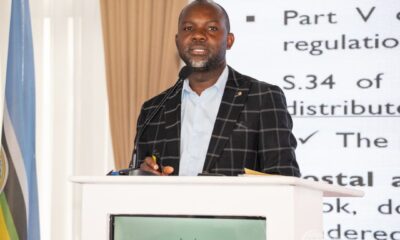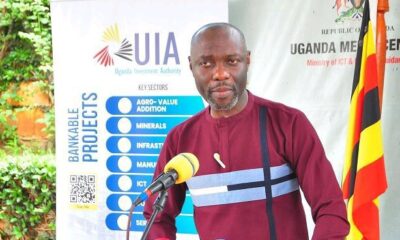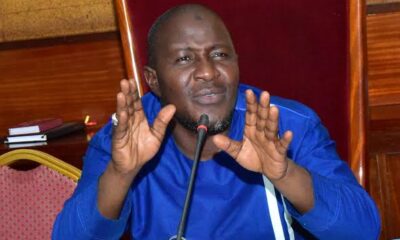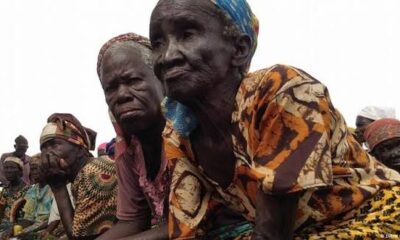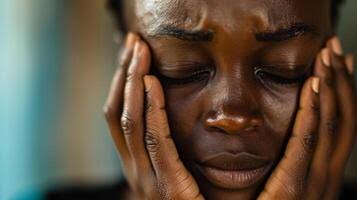Politics
“Opposition Supporters Who Feel Suppressed Under Museveni’s Gov’t Are Free To Leave This Country” Robinah Nabbanja Sends Tough Advise To Bobi Wine & Group
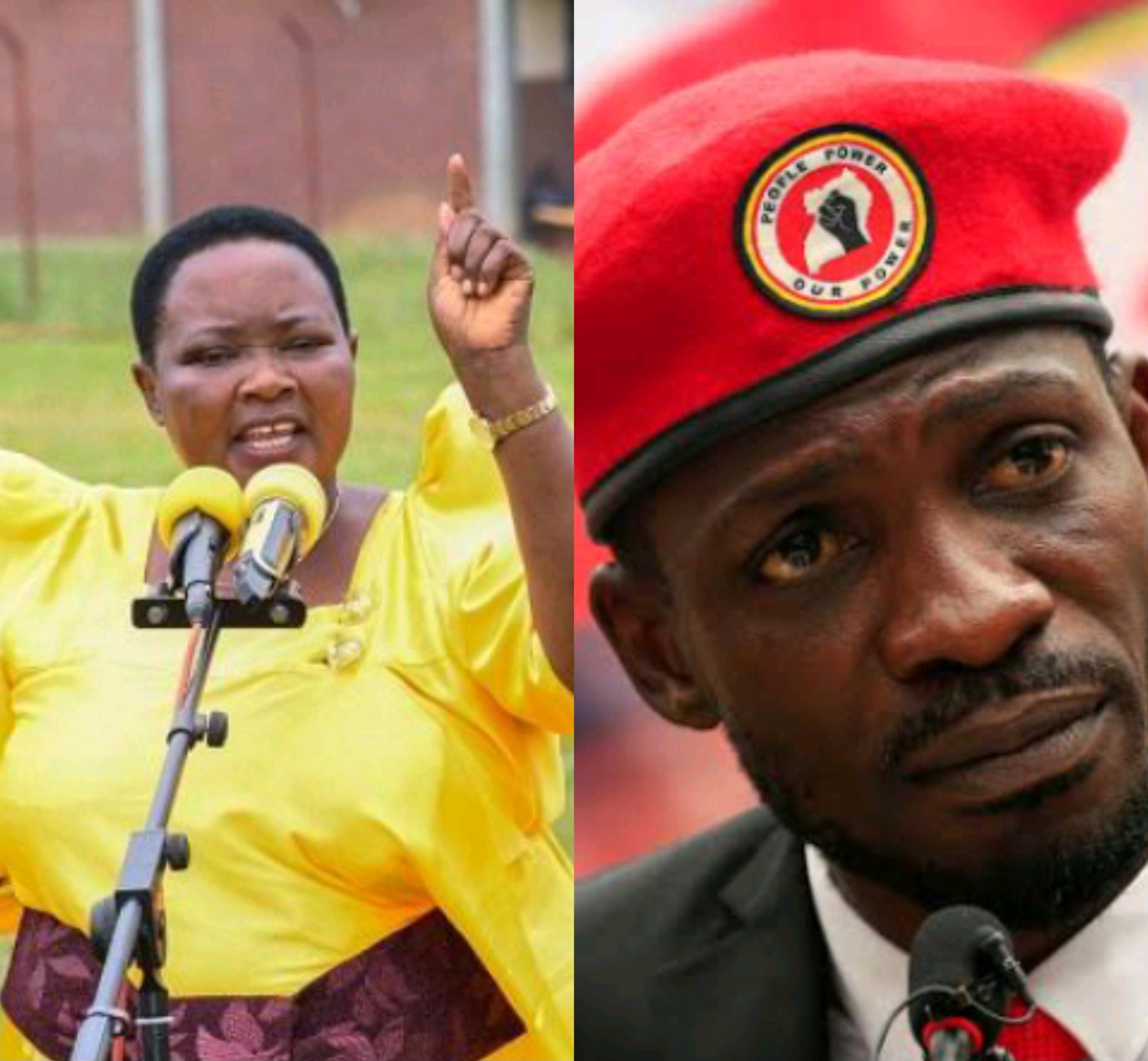
Prime Minister Robinah Nabbanja’s recent remarks during an NTV interview have sparked a heated political debate in Uganda. Addressing opposition leaders such as Robert Kyagulanyi, widely known as Bobi Wine, Nabbanja stated that those who feel oppressed under President Museveni’s government are free to “pack their bags and leave Uganda.” Intended as a rebuke to persistent critics of the regime, the comment quickly drew widespread attention and ignited tensions across the political spectrum.

Nabbanja’s words were a direct challenge to Uganda’s vocal opposition, who have long argued that the government restricts their rights and curtails freedom of expression. By suggesting that dissatisfied citizens should leave the country, the Prime Minister appeared to dismiss their grievances and minimize the struggles faced by opposition supporters and politically marginalized citizens. Many viewed the remark as not only insensitive but also deeply dismissive of legitimate concerns.
Kyagulanyi, leader of the National Unity Platform (NUP), responded sharply on social media, condemning Nabbanja’s statement and accusing the government of showing contempt for Ugandans who have endured political oppression. His response captured the frustration of many citizens who feel their voices are silenced under a regime that often seeks to stifle dissent. Kyagulanyi reminded the Prime Minister that Uganda belongs to all its citizens, regardless of political affiliation, and no one should be told to leave their homeland simply for holding different views.

Emphasizing that the oppressed are still rightful citizens of Uganda, Kyagulanyi cited a familiar proverb: “You don’t chase the rightful owner from his land because of a quarrel.” His statement directly challenged the government’s attempt to marginalize dissenting voices and resonated with those who believe that political space in Uganda must remain inclusive.
The controversy extends beyond Nabbanja’s individual comments, raising broader questions about democracy, freedom of expression, and the right to oppose the government. Critics argue that the Prime Minister’s remarks reflect an authoritarian mindset, in which dissent is seen as a threat rather than a legitimate aspect of governance. Such a perspective, they contend, undermines democratic principles and risks deepening political divisions.
Nabbanja’s statement also prompts reflection on Uganda’s political future: will the opposition continue to confront the government, or will dismissive rhetoric push them further to the margins? The tensions between the ruling party and opposition show no sign of abating, and this episode marks the latest chapter in an ongoing struggle for political space.

Despite government pressure, Kyagulanyi’s position remains firm. He insists that no matter how oppressive the regime may act, Ugandans will not be silenced or driven from their own country. For him and his supporters, Uganda is home, and they will continue to assert their right to be heard.
Rather than quelling dissent, Nabbanja’s statement has invigorated it, highlighting the resilience of opposition voices. Uganda’s political struggle is far from over, and this latest controversy underscores the high stakes and enduring challenges facing the country’s democracy.

